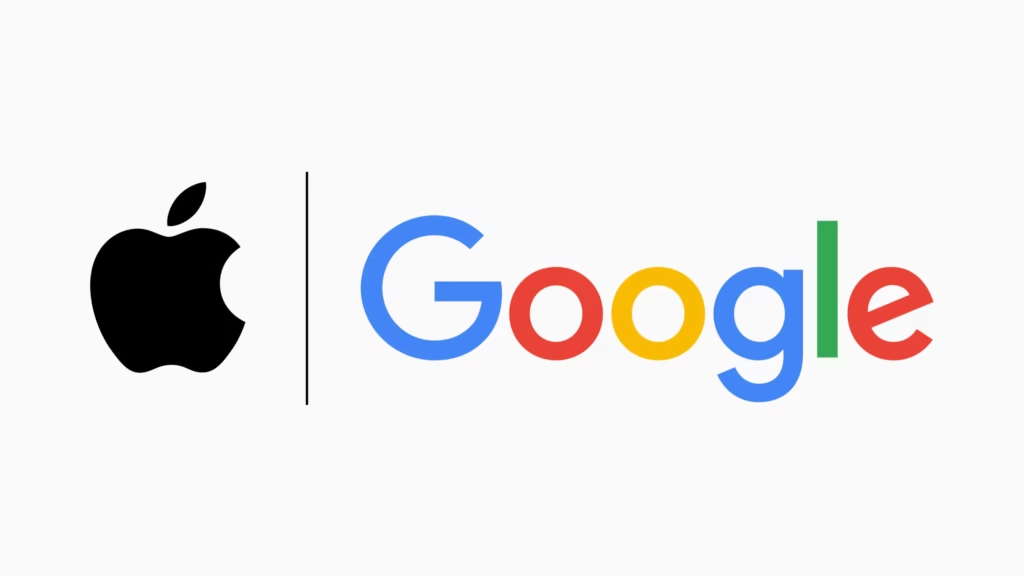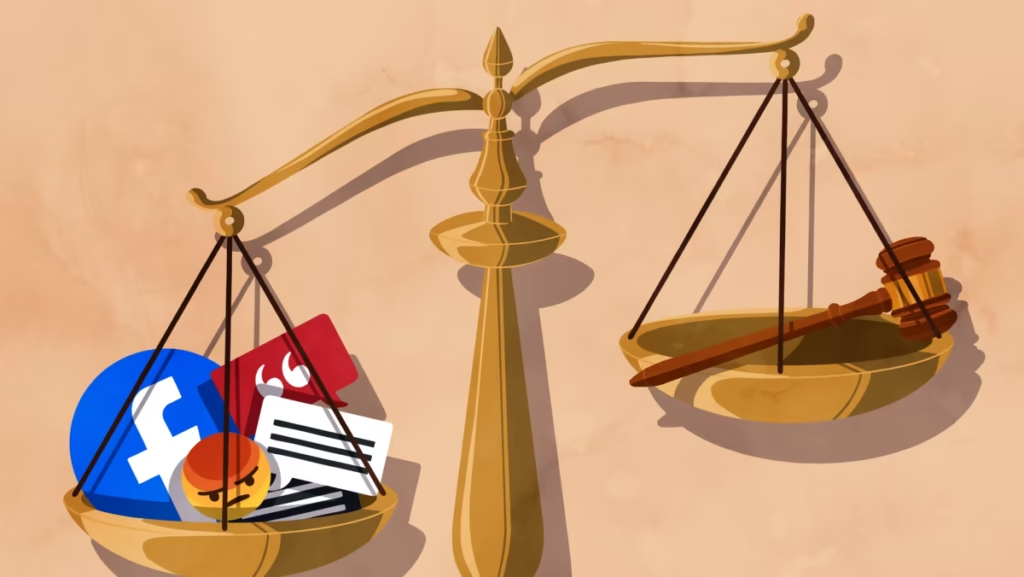Federal judge rules Google won’t be forced to sell Chrome or Android in landmark antitrust case. Company must share search data and end exclusive deals.
Table of Contents
Google Keeps Chrome & Android: Judge Rules on Antitrust Case
Federal Court Delivers Mixed Victory for Tech Giant in Landmark Monopoly Case
In a closely watched decision that will reshape the tech industry landscape, US District Court Judge Amit Mehta ruled Tuesday that Google will not be forced to sell off its Chrome browser or Android operating system, delivering a significant victory for the tech giant while still imposing substantial restrictions on its business practices.
Key Ruling Summary
| Outcome | Details | Impact Level |
|---|---|---|
| Chrome Divestiture | ❌ Not Required | Major Win for Google |
| Android Divestiture | ❌ Not Required | Major Win for Google |
| Search Data Sharing | ✅ Required | Moderate Impact |
| Exclusive Deals Ban | ✅ Prohibited | Significant Impact |
Understanding the Antitrust Case Background
The ruling caps off a landmark antitrust case where Judge Mehta previously determined that Google was operating an illegal online search monopoly. The company faced the most extreme possible remedy: being forced to break up its core business operations.
Timeline of Google’s Antitrust Battle
Fall 2024:
├── Judge Mehta rules Google is a monopolist
├── Court finds violations of US antitrust law
└── Remedies phase begins
Winter/Spring 2025:
├── Weeks-long remedies trial
├── DOJ proposes Chrome/Android divestiture
├── Google argues against breakup
└── AI evolution changes case dynamics
Tuesday 2025:
├── Final ruling issued
├── No forced divestiture
└── Alternative remedies imposed
What Google Must Do: The Court’s Remedies

While avoiding the most severe penalties, Google faces significant operational changes that will impact its $280+ billion annual revenue model:
1. Search Data Sharing Requirements
Google must make search data available to qualified competitors to promote fair competition in the search market. This represents a fundamental shift in how the company protects its competitive advantages.
Data Sharing Implications:
- Competitors gain access to valuable search insights
- Level playing field for emerging search technologies
- Potential boost for AI-powered search alternatives
2. Exclusive Contract Prohibitions
The court banned Google from entering or maintaining exclusive contracts for distribution of key services including:
- Chrome browser
- Google Search
- Google Assistant
- Gemini AI app
Impact on Revenue Streams

| Service | Previous Model | New Restrictions |
|---|---|---|
| Google Search | Exclusive default deals | No exclusivity allowed |
| Chrome | Bundled distributions | Separate licensing required |
| Google Assistant | Mandatory pre-installation | Optional installation only |
| Gemini AI | Exclusive partnerships | Open competition required |
The Apple-Google Relationship: What Changes?
One of the most scrutinized aspects of the case was Google’s multibillion-dollar payment to Apple to be the default search engine on Safari. The ruling preserves this crucial partnership while adding important caveats.

Why the Apple Deal Survives
Judge Mehta’s reasoning for allowing continued payments:
“Cutting off payments from Google almost certainly will impose substantial—in some cases, crippling—downstream harms to distribution partners, related markets, and consumers, which counsels against a broad payment ban.”
Financial Impact Analysis:
- Google pays Apple an estimated $18-20 billion annually
- Deal represents roughly 15-20% of Apple’s services revenue
- Partnership likely to continue but without exclusivity requirements
AI Revolution Changes Everything
A critical factor in Judge Mehta’s decision was the rapid evolution of generative AI, which has fundamentally altered the search landscape since the case began.
How AI Influenced the Ruling
The judge specifically noted that generative AI tools have “changed the course of this case,” emphasizing the need to prevent Google’s search dominance from carrying over into the GenAI space.
Current AI Competitive Landscape:
- OpenAI ChatGPT: Revolutionary conversational search
- Microsoft Copilot: Integrated AI search experience
- Perplexity AI: AI-powered answer engine
- Google Gemini: Google’s AI response platform
Competition Metrics: Traditional vs AI Search

| Platform Type | Market Share | User Growth | Key Advantage |
|---|---|---|---|
| Traditional Search | Google 95%+ | Stable | Comprehensive indexing |
| AI Chat Search | ChatGPT ~60% | +300% YoY | Conversational interface |
| Hybrid AI Search | Perplexity ~5% | +500% YoY | Real-time AI answers |
Industry Reactions and Market Impact
Google’s Response Strategy
Google’s official statement emphasized how AI has transformed information discovery, while expressing privacy concerns about the data-sharing requirements:
“The Court has imposed limits on how we distribute Google services, and will require us to share Search data with rivals. We have concerns about how these requirements will impact our users and their privacy.”
DOJ’s Mixed Victory
The Justice Department, through Assistant Attorney General Abigail Slater, acknowledged the ruling’s significance while suggesting additional action may be needed:
“We will continue to review the opinion to consider the Department’s options and next steps regarding seeking additional relief.”
Wall Street Analysis

Wedbush Securities analyst Dan Ives sees this as a win-win, particularly highlighting potential Apple-Google AI partnerships:
“While in theory Google is barred from ‘exclusive deals’ for search this now lays the groundwork for Apple to continue its deal and ultimately likely double down on more AI related partnership with Google Gemini down the road.”
Impact on Other Tech Giants
This ruling sets important precedent for ongoing antitrust cases against other major tech companies:
Active Big Tech Antitrust Cases
| Company | Case Status | Key Issues |
|---|---|---|
| Meta | Ongoing trial | Social media monopoly |
| Apple | Investigation phase | App Store practices |
| Amazon | Pre-trial | Marketplace dominance |
| Microsoft | Regulatory review | AI market control |
What This Means for Consumers
The ruling’s practical impact on everyday users will unfold over the coming months and years:
Short-Term Changes (Next 6-12 Months)
- More search engine options on new devices
- Increased competition in AI-powered search
- Potential privacy improvements through data sharing oversight
- Enhanced choice in default browser selection
Long-Term Market Evolution (2-5 Years)
- Stronger AI search alternatives with access to Google data
- More innovative search experiences from competitors
- Reduced Google market share in traditional search
- New business models emerging in search technology
Technical Implementation Challenges
Google faces significant technical and operational hurdles in complying with the court’s orders:
Data Sharing Infrastructure Requirements
Technical Challenges:
- Determining which data qualifies as “search data”
- Creating secure APIs for competitor access
- Maintaining user privacy while sharing insights
- Establishing fair access protocols
Timeline Considerations:
- 60-90 days: Initial compliance framework
- 6 months: Full data sharing implementation
- 12 months: Complete exclusive contract termination
Future Legal Implications

Potential Appeals Process
Google has 30 days to file an appeal, and legal experts anticipate the company will challenge specific aspects of the ruling, particularly:
- Scope of data sharing requirements
- Definition of “qualified competitors”
- Privacy protection mechanisms
- Implementation timeline feasibility
Regulatory Precedent Setting
This case establishes important precedent for how courts balance:
- Innovation protection vs. competition promotion
- Consumer choice vs. market stability
- Privacy rights vs. competitive access
- AI development vs. antitrust compliance
Investment and Market Outlook
Stock Market Response
Immediate Market Reaction:
- Google (GOOGL) shares up +2.3% in after-hours trading
- Apple (AAPL) gains +1.1% on partnership preservation
- Competitive search companies see mixed reactions
Long-Term Business Impact
Revenue Protection:
- Core search advertising business intact
- Android ecosystem remains unified
- Chrome browser development continues
- Apple partnership revenue preserved
New Challenges:
- Increased competitive pressure from data sharing
- Higher marketing costs without exclusive deals
- Additional compliance and legal expenses
- Potential market share erosion
Expert Analysis: What’s Next?
Stanford Business School’s Robert Siegel frames the broader competitive landscape:
“This is all going to be about who delivers the best solution for how people interact with technology and AI going forward.”
Key Success Factors Moving Forward
For Google:
- Accelerate AI innovation to maintain competitive edge
- Develop new partnership models within legal constraints
- Enhance user experience to retain market share organically
- Invest in privacy-first data sharing solutions
For Competitors:
- Leverage shared Google data to improve search quality
- Develop unique AI-powered search experiences
- Build sustainable business models beyond Google’s shadow
- Form strategic partnerships with device manufacturers
Conclusion: A New Era for Search Competition
Judge Mehta’s ruling represents a watershed moment in tech regulation, striking a balance between preventing monopolistic behavior and preserving innovation incentives. While Google avoids the nuclear option of forced divestiture, the company faces a fundamentally changed competitive landscape.
The real test will come in implementation: whether the required data sharing actually enables meaningful competition, and whether Google can maintain its dominance through superior technology rather than exclusive contracts.
As AI continues reshaping how people find information, this ruling may prove to be perfectly timed—opening competition at the precise moment when the search industry is experiencing its biggest transformation in decades.
The next 12-18 months will be crucial as Google implements these changes, competitors launch enhanced services with access to Google data, and consumers begin experiencing the practical benefits of increased choice in search technology.
Related Topics: Big Tech Regulation, AI Search Competition, Digital Markets Act, Chrome Browser Development, Android Ecosystem
Last Updated: September 2025 | Reading Time: 12 minutes

